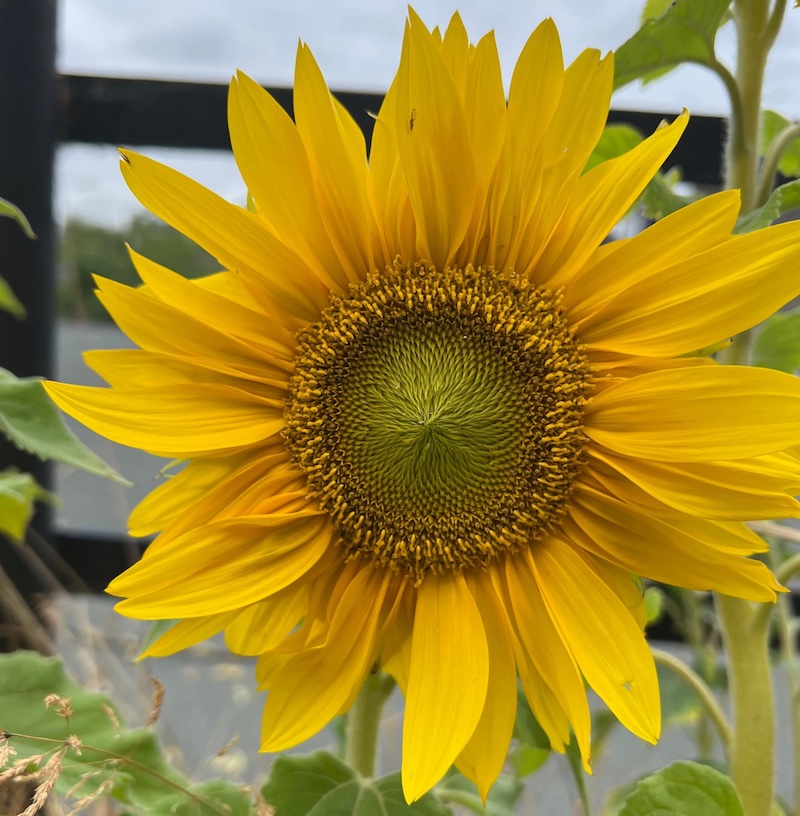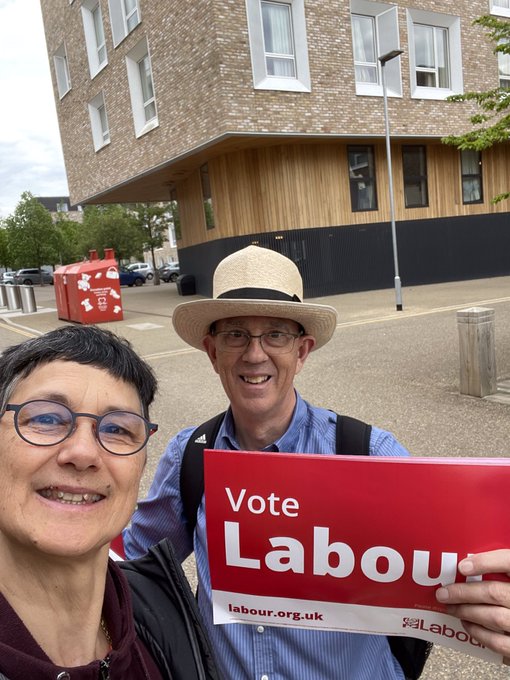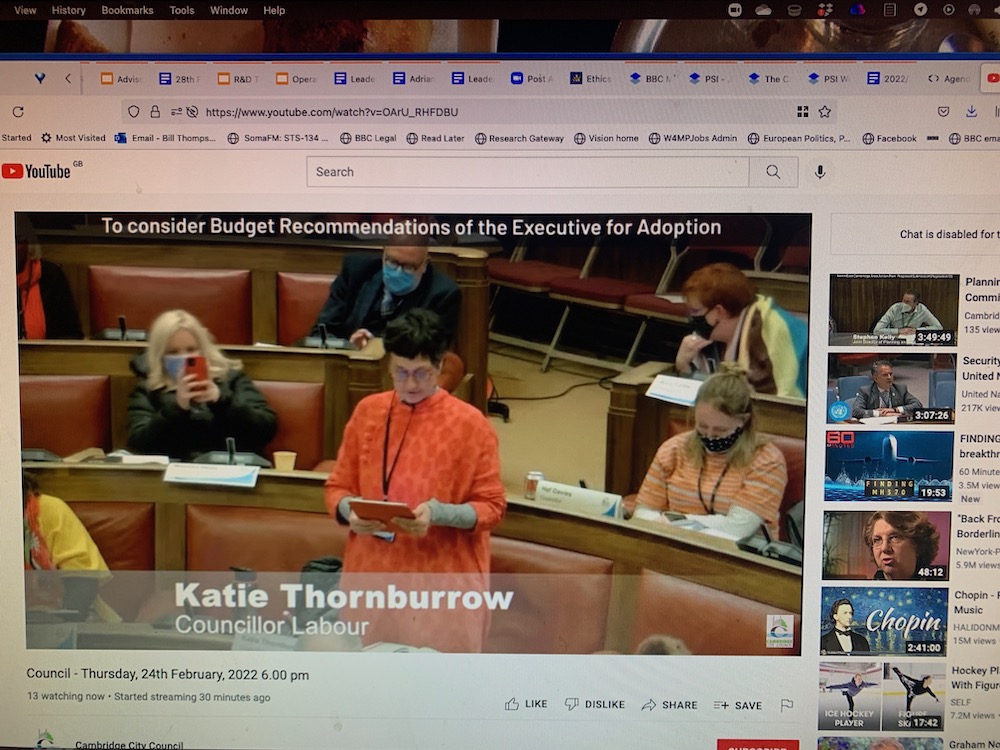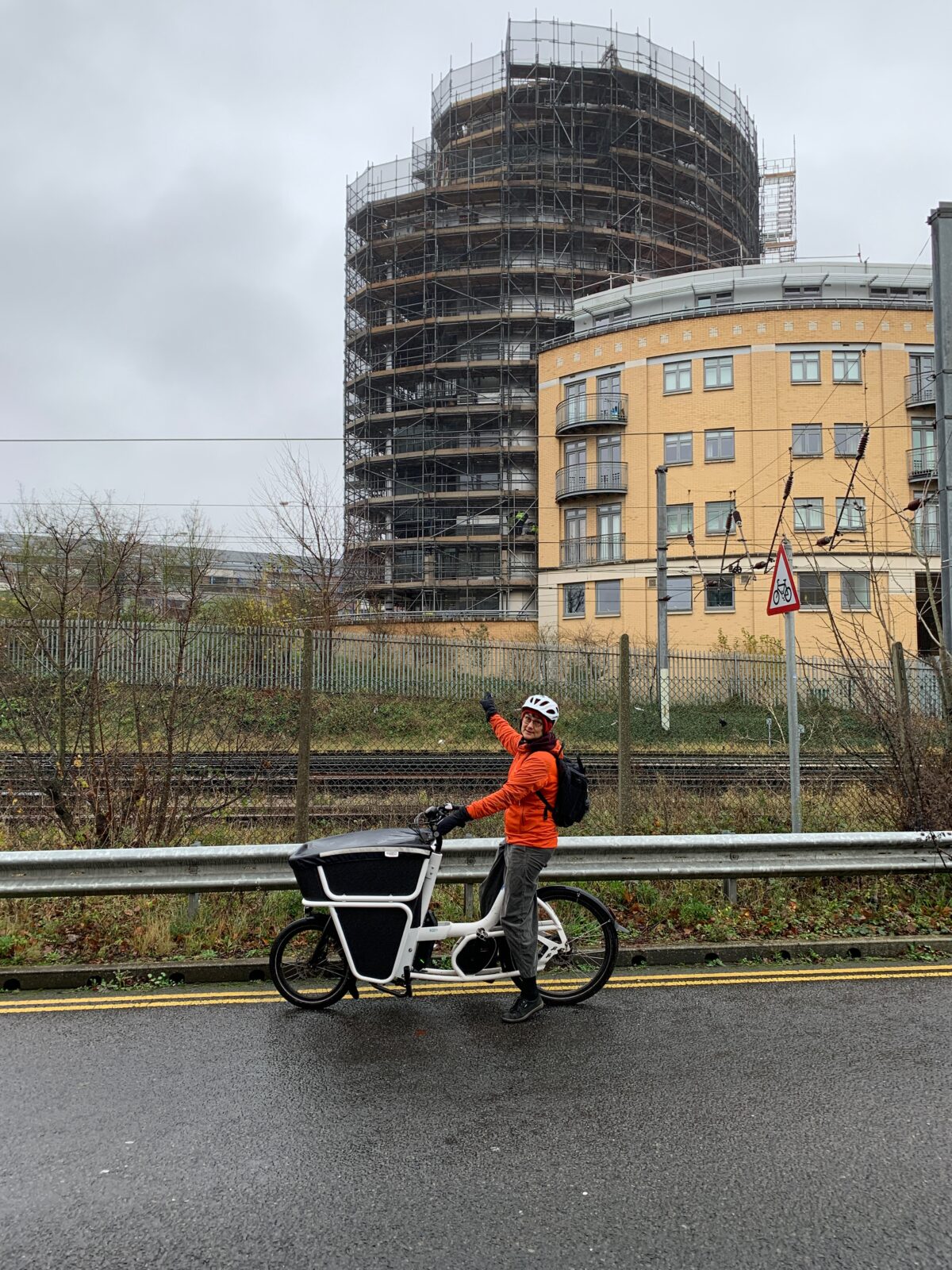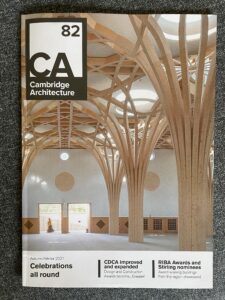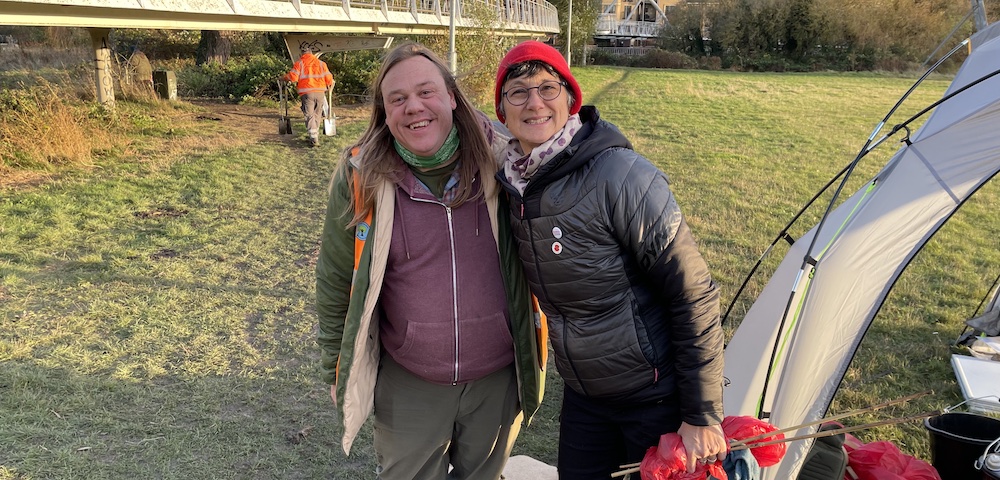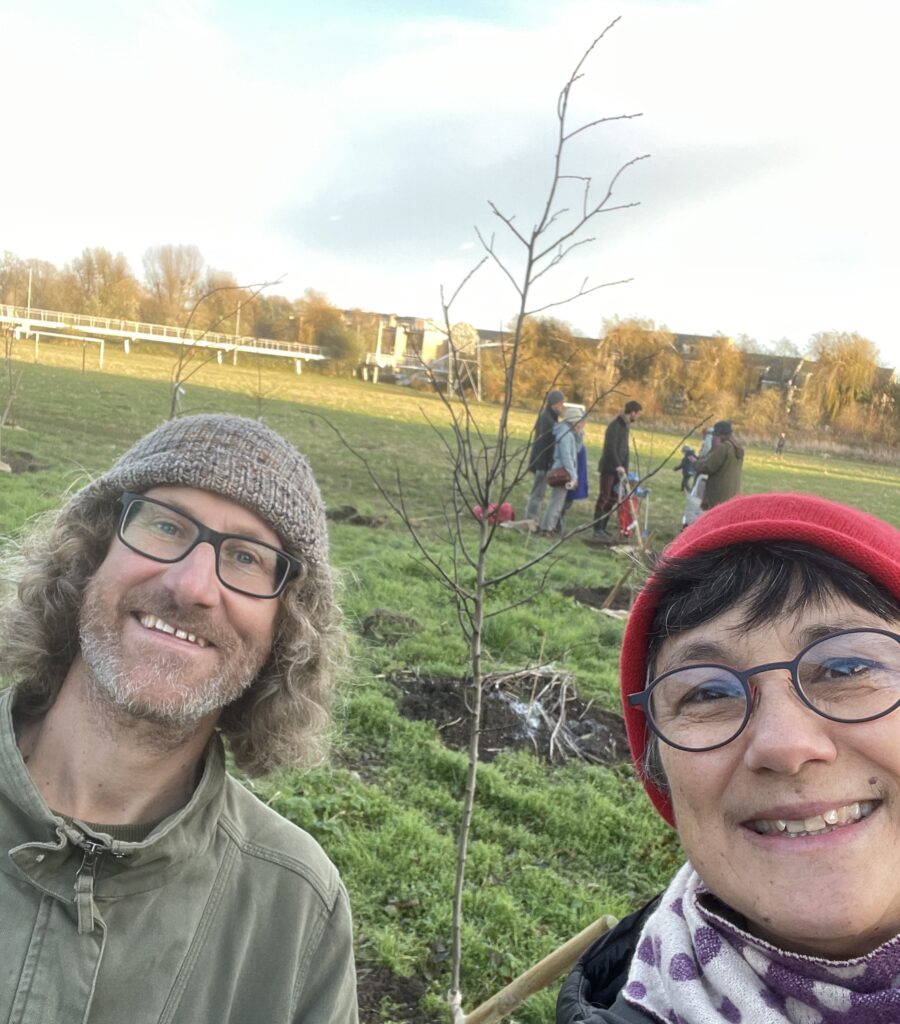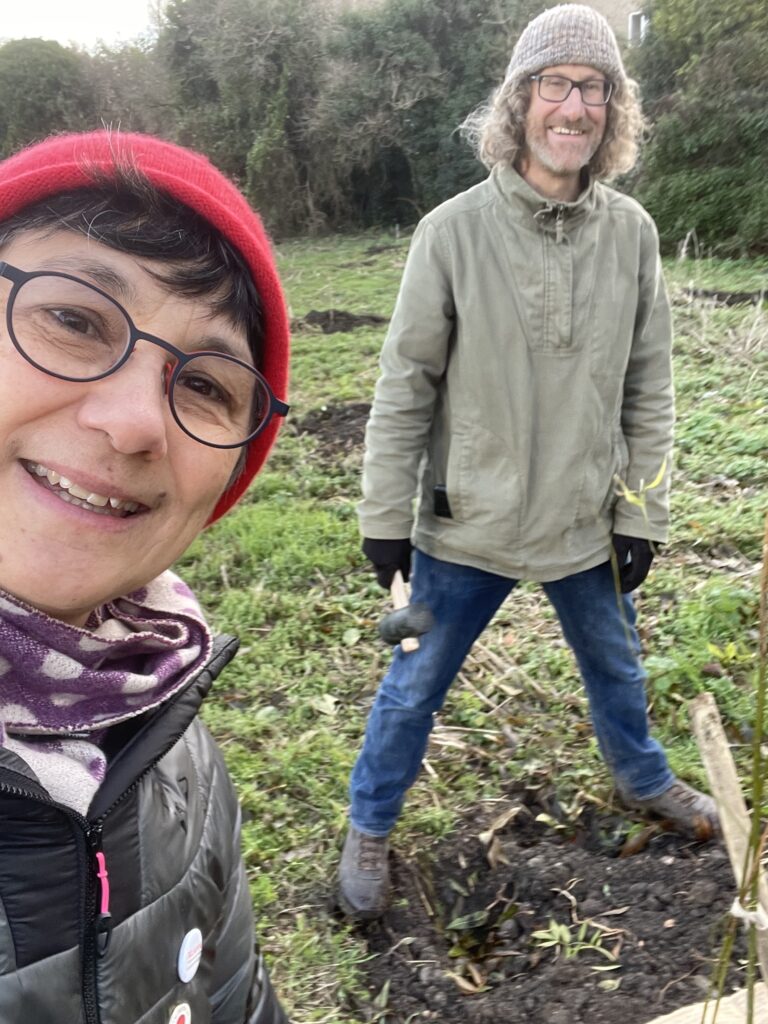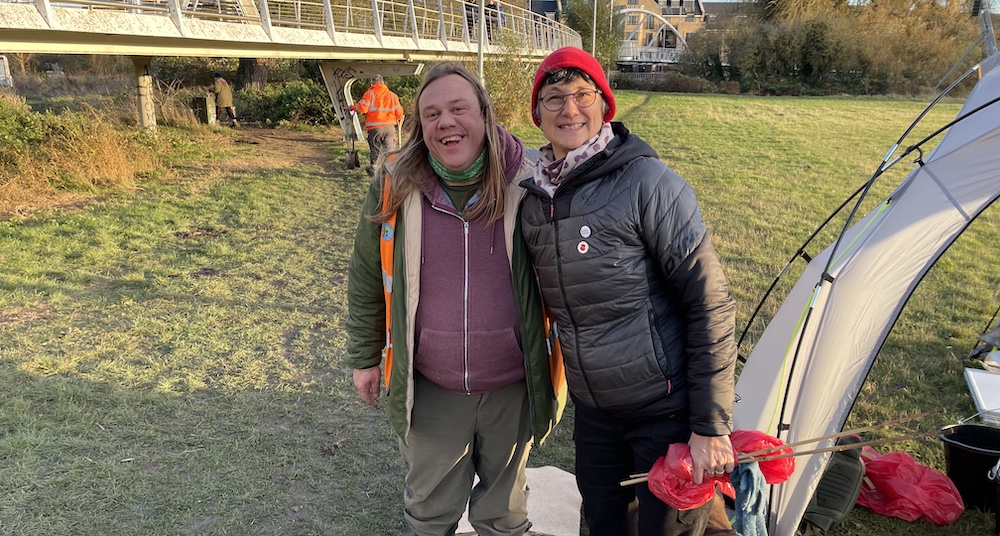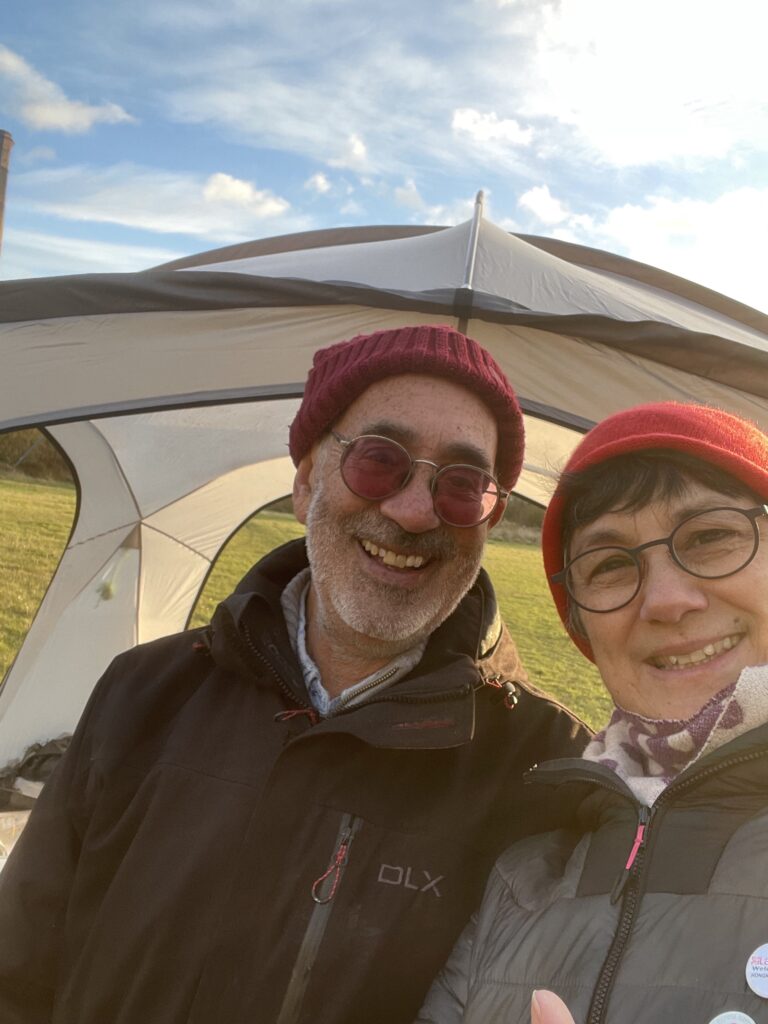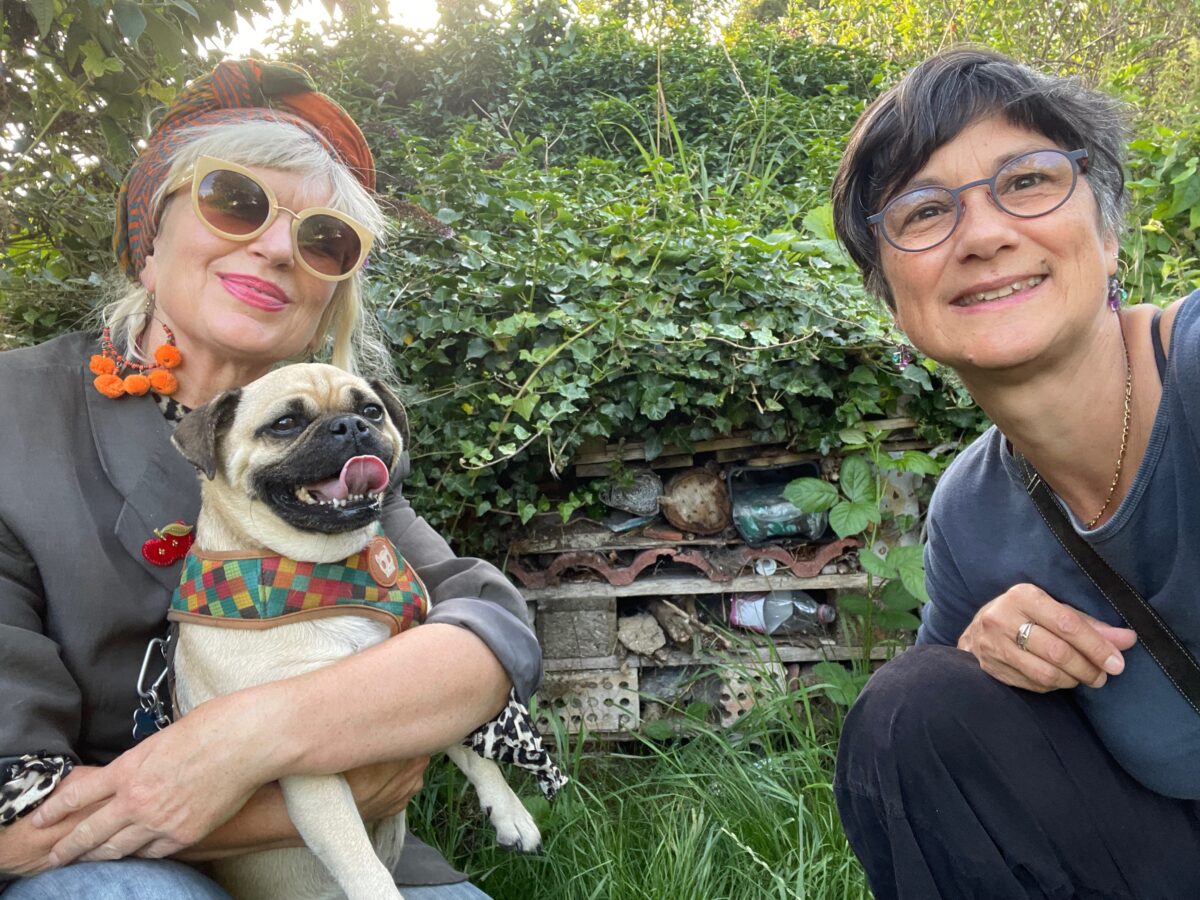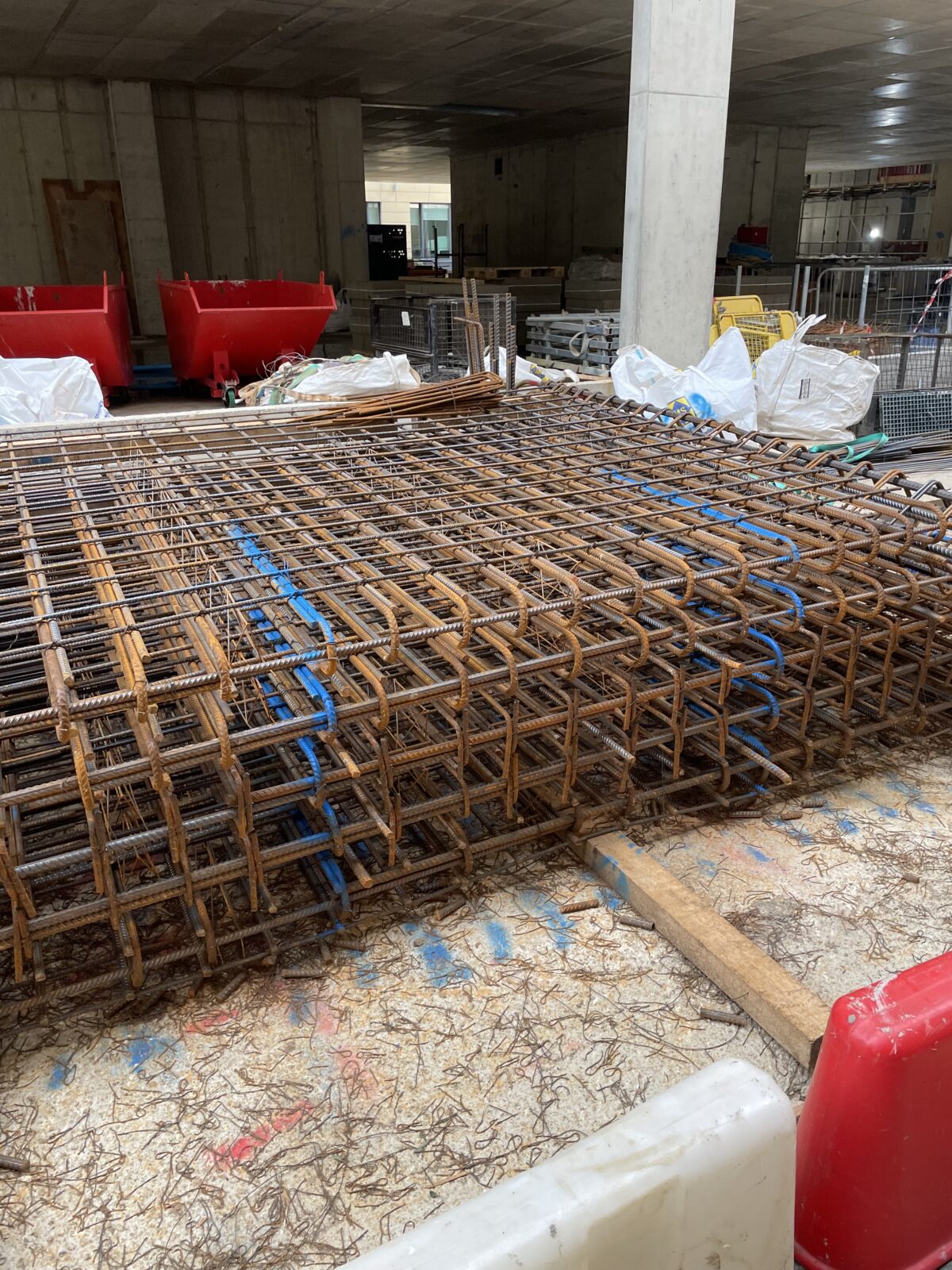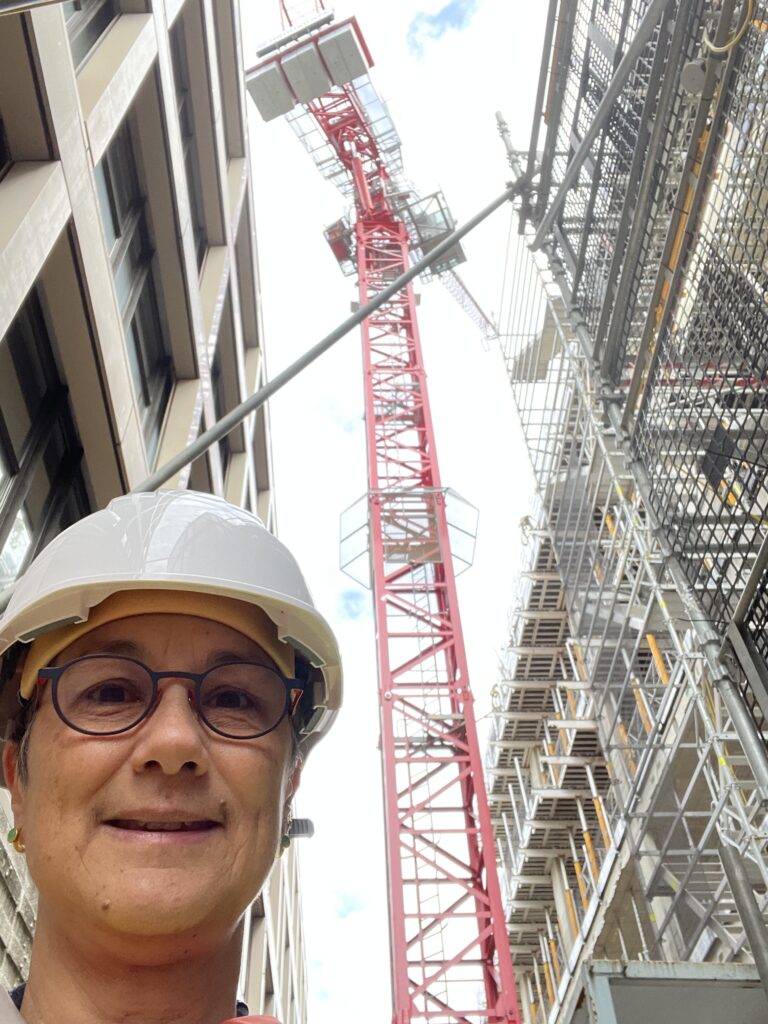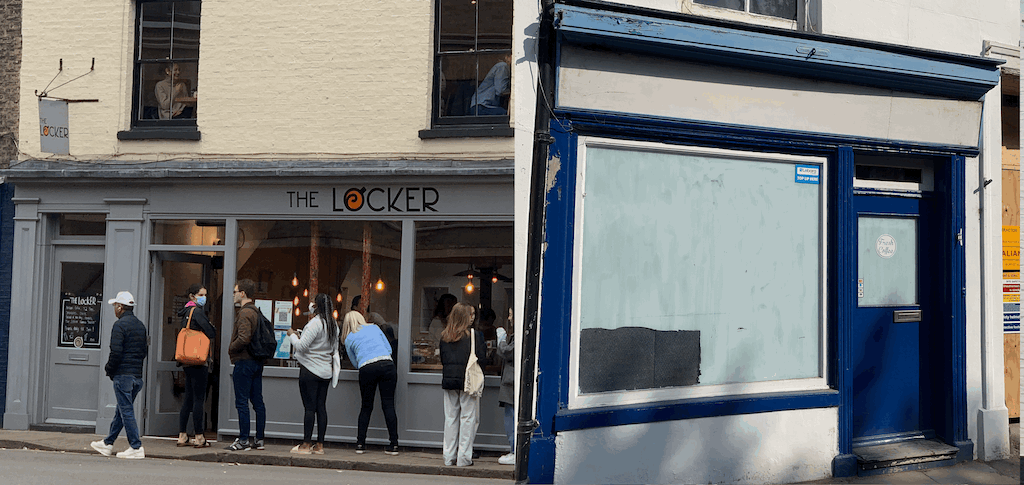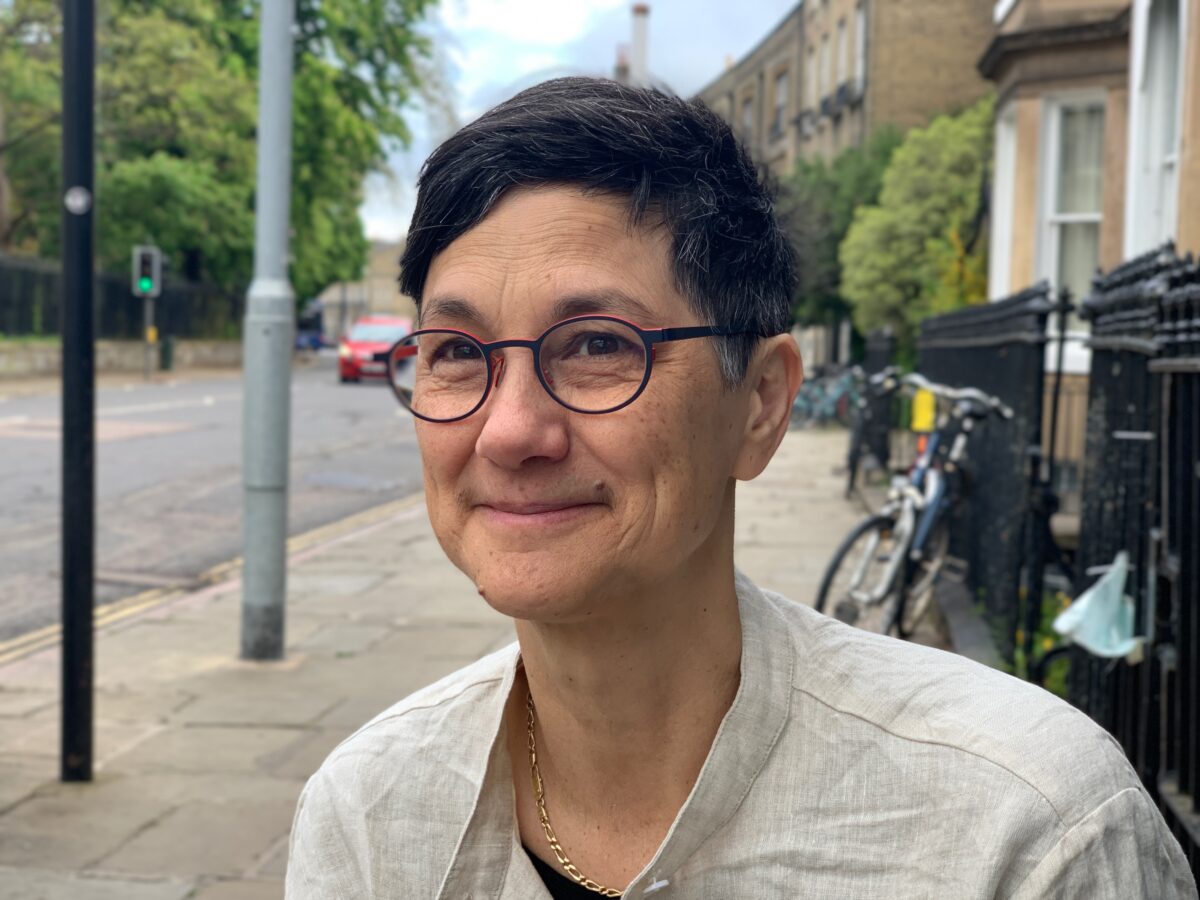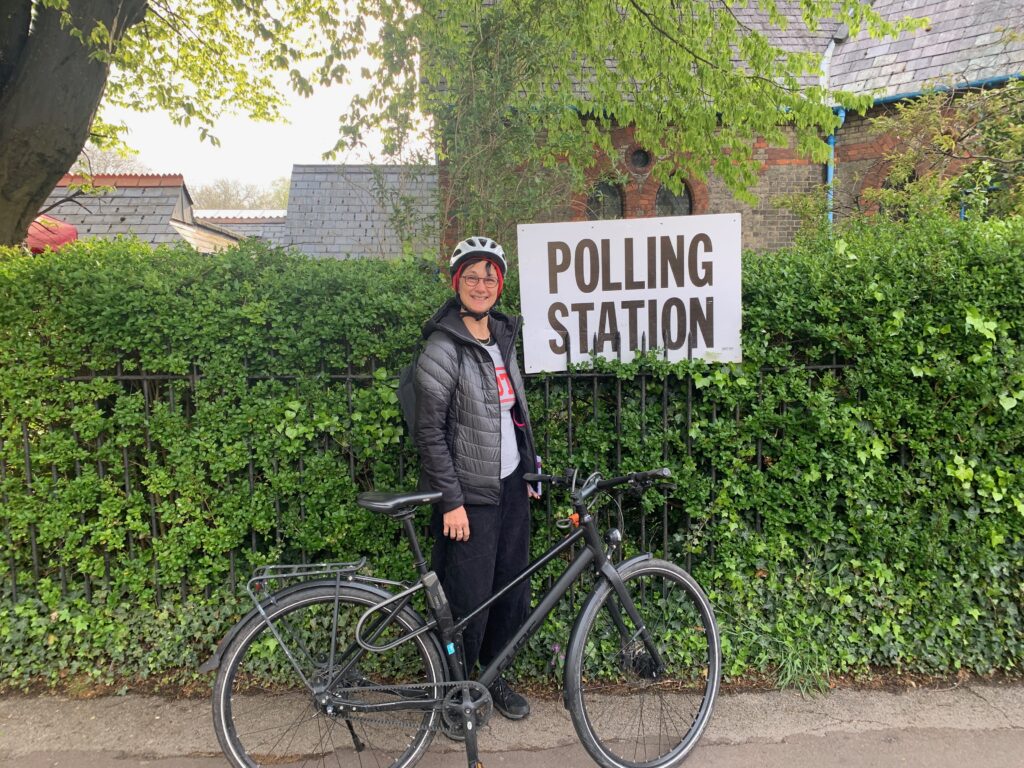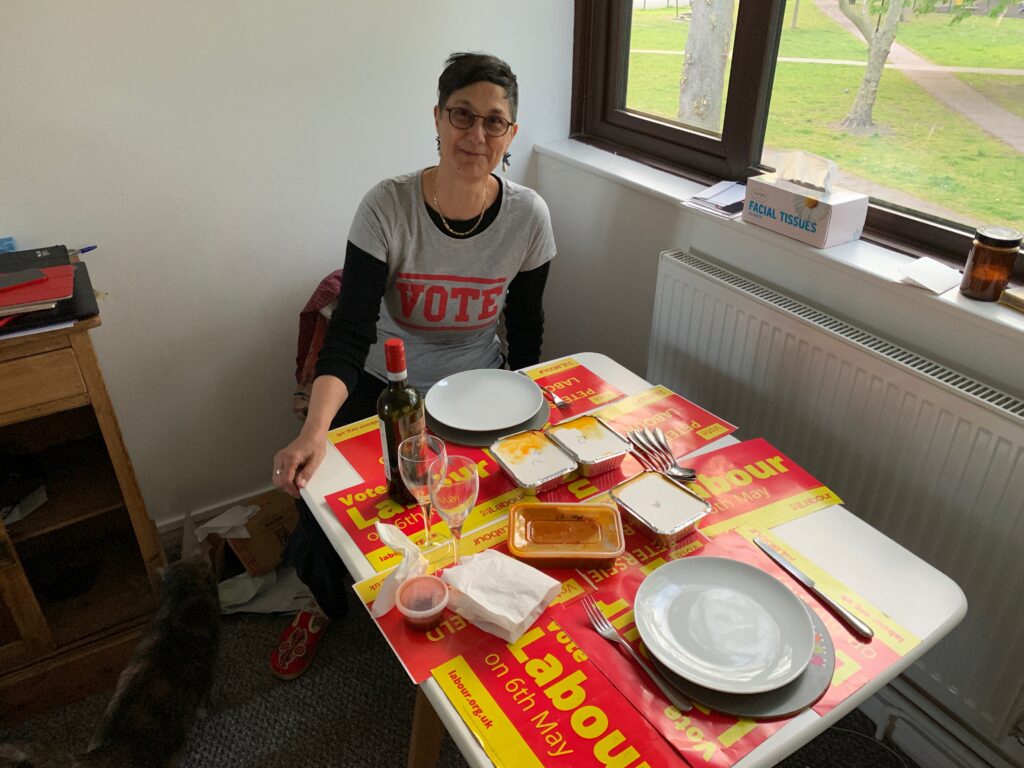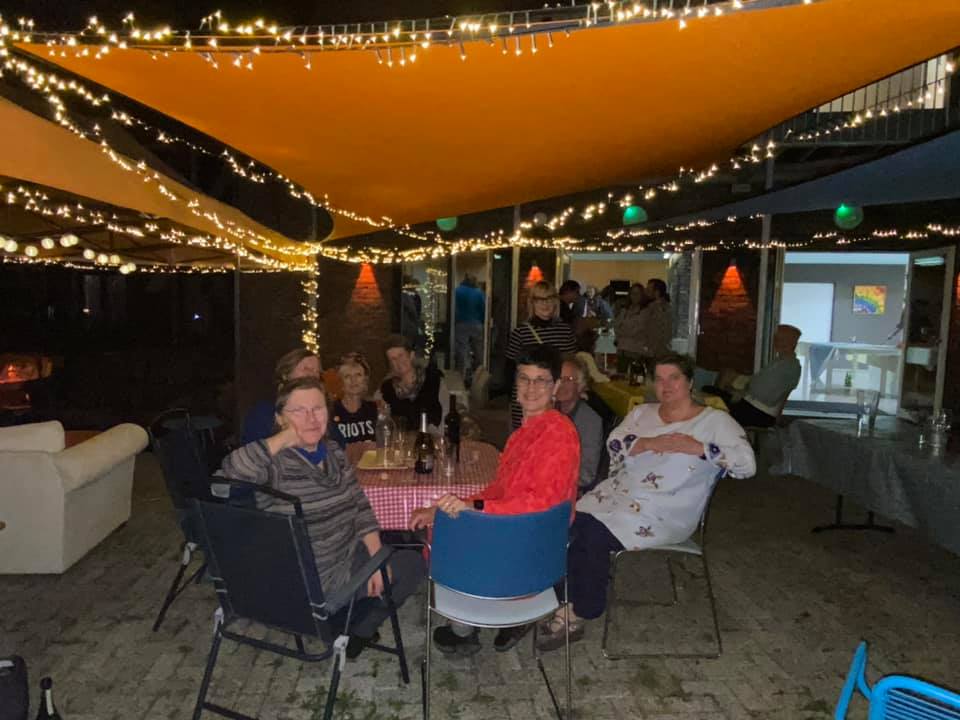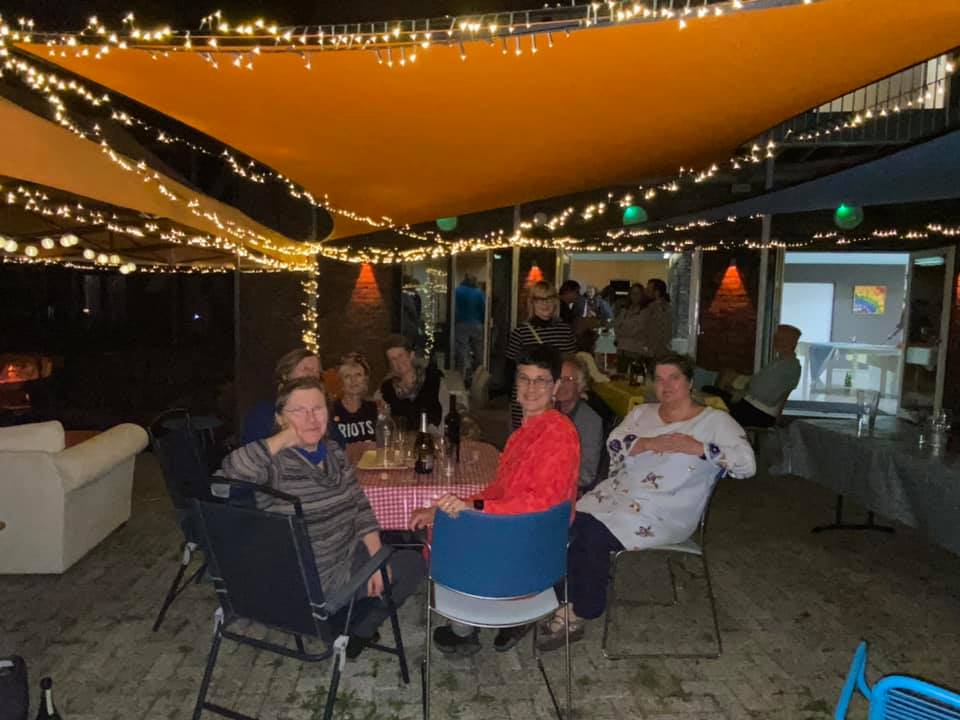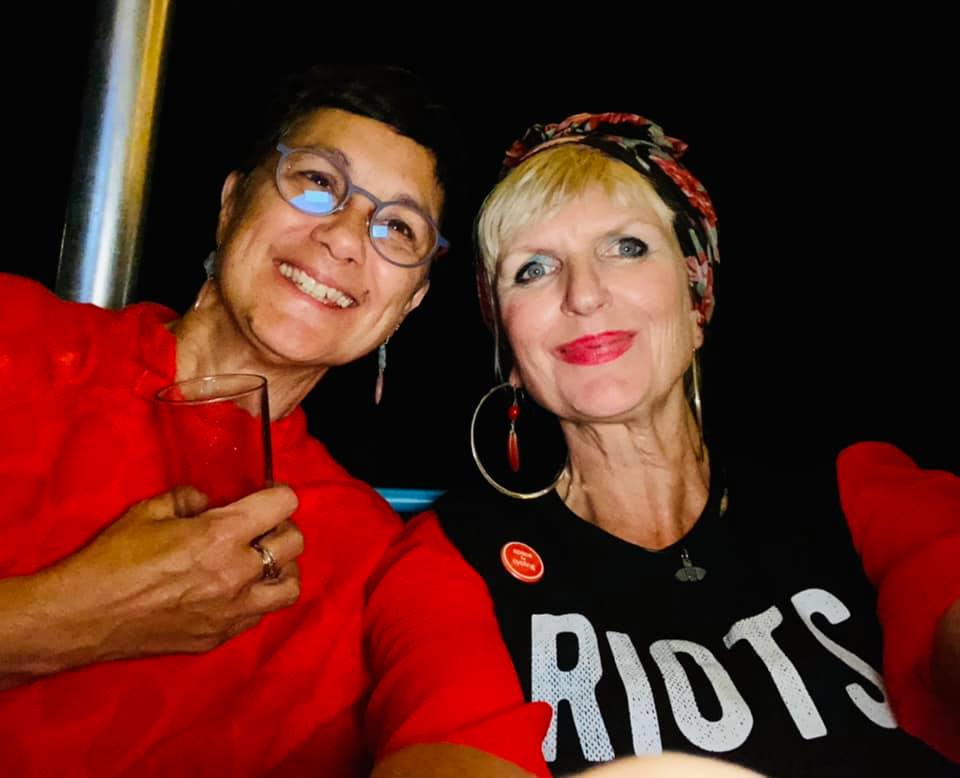As we go into this extremely hot weekend I hope that everyone will take the high temperature seriously and look after themselves. I was in Cambridge in July 2019 when the temperature reached 38.7 degrees and it was almost unbearable. It could be 40 degrees next week.
These sorts of extreme weather events, like gales or high temperatures or snow, are a consequence of the changes to the world’s climate we have made, and as long as we carry on putting more carbon dioxide into the atmosphere it will get worse. That’s why our net zero targets matter – we must do all we can as a local authority
I thought this advice from the ITV Weather presenter Chris Page’s Facebook was very helpful.
This is what Chris wrote:
Let’s clear a few things up about this Extreme Heat Forecast.
This is not “just summer”.The average summer maximum temperature here in the UK is 23-24C. Temperatures in some parts of the country are set to be 16C higher than that.
This is not hype. The Met Office Red and Amber Extreme heat warning have been issued for a reason. Temperatures here in the UK rarely get above 35C and even then, in the past we have seen a steep rise in heat related illnesses and death.
We are now forecasting higher than that. Much higher. Possibly 40C.
Not only will this impact our health but also the UK’s infrastructure.Roads will melt. Railways will buckle. Wildfires will happen. Power networks will see an increase in demand and so will the water network too where in some places there are reduced resources already.
The temperature at night will not drop below 20 degrees and in some places it could hold up into the mid-twenties. If your body can not cool down, you will suffer and could see problems such as heatstroke or heat stress. Please brush up on what to do if these circumstances arise and what to look for.
If you’re an employer, you should be considering not sending your staff to work especially if they have to use public transport. And if you’re an employee, you should be asking your employer what to do in this hot weather.
It’s common sense stuff. Stay well hydrated. Try to stay out of the midday sun between 11-3pm. We need to look after each other and check on those who live alone.
One last thing. Yes, people do go on holiday to temperatures higher than this and yes other countries do cope in this heat. Often, these people have either grown up with this heat and are used to working in it or if they’re going on holiday, it’s a choice they make and often air conditioning is available in countries where high temperatures occur.
For us, everyone in the UK, we do not have a choice and a lot of us don’t have access to air con. This dangerous heat is coming. Listen to the advice and you’ll be OK. Try and stay cool.
Oh and finally. If you’re going to take the micky saying its ‘over-reacting’, you’re not looking at the bigger picture, please keep it to yourself and don’t tell me you survived 1976 either. That wasn’t as hot as this and you’re not as young as you were then.
Stay safe! X
